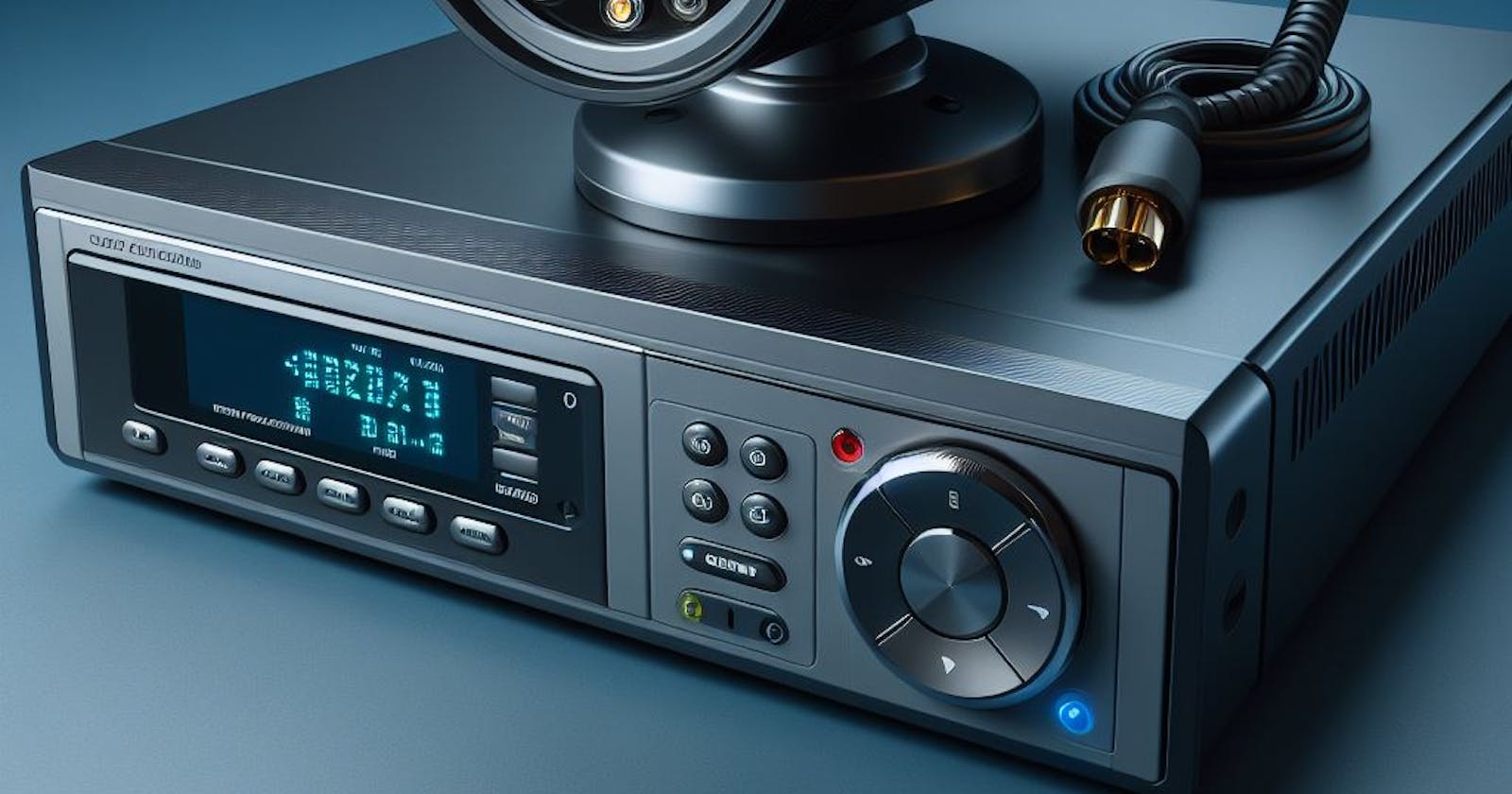A DVR, short for Digital Video Recorder, is a device that lets you record video and store it digitally. It's like a video cassette recorder (VCR) but instead of tapes, it uses a hard drive, USB flash drive, or other storage device.
Here's what a DVR typically does:
Records video from sources like cable TV, satellite TV, or security cameras.
Stores the recordings digitally, allowing for features like fast-forwarding and rewinding.
Lets you schedule recordings of specific shows or events.
Plays back recordings whenever you want.
DVRs can be standalone devices or built into other electronics like set-top boxes or TVs. They've become popular because they offer more features and flexibility compared to VCRs.
Here are some common uses for DVRs:
Recording TV shows: Watch your favorite shows even if they air at inconvenient times.
Pausing live TV: Need to take a break? Pause live TV and pick up right where you left off.
Recording security camera footage: Monitor your home or property for security purposes.
DVRs are a handy tool for anyone who wants more control over their TV viewing experience.
Learn more: https://www.videoexpertsgroup.com/glossary/what-is-dvr
